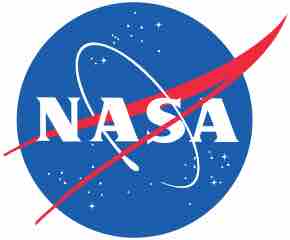Making Policy
The executive and legislative branches of the United States pass and enforce laws. However, the actual development and implementation of policies are under the purview of different bureaucratic institutions mainly comprised cabinet departments, independent executive agencies, government corporations, and regulatory agencies.
Fifteen agencies are designated by law as cabinet departments, which are major administrative units responsible for specified areas of government operations. Examples of cabinet departments include the Department of Defense, State, and Justice. Each department controls a detailed budget appropriated by Congress and has a designated staff. Each is headed by a department secretary appointed by the President and confirmed by the Senate. Many departments subsume distinct offices directed by an assistant secretary. For instance, the Interior Department includes the National Park Service, the Bureau of Indian Affairs, and the U.S. Geological Survey.
The remaining government organizations within the executive branch outside of the presidency are independent executive agencies. The best known include the National Aeronautics and Space Administration (NASA), the Environmental Protection Agency (EPA), and the Social Security Administration (SSA). Apart from a smaller jurisdiction, such agencies resemble cabinet departments. Their heads are confirmed by Congress, though they are appointed by and report directly to the President.

NASA
NASA is an example of an independent executive agency
Some agencies, such as the U.S. Postal Service and Amtrak (the national rail passenger system) are government corporations. They charge fees for services too far-reaching or too unprofitable for private corporations to handle. Ideally, they bring in enough funds to be self-sustaining. To help them make ends meet, Congress may give government corporations a legal monopoly over given services, provide subsidies, or both. Government corporations are more autonomous in policymaking than most agencies. For instance, the Postal Rate Commission sets rates for postage on the basis of revenues and expenditures.
Another type of bureaucratic institution is a regulatory commission, an agency charged with writing rules and arbitrating disputes in a specific part of the economy. Chairs and members of regulatory commissions are named by the president and confirmed by the Senate to terms of fixed length from which they cannot be summarily dismissed. Probably the most prominent regulatory commission currently in the news is the Federal Reserve Board.